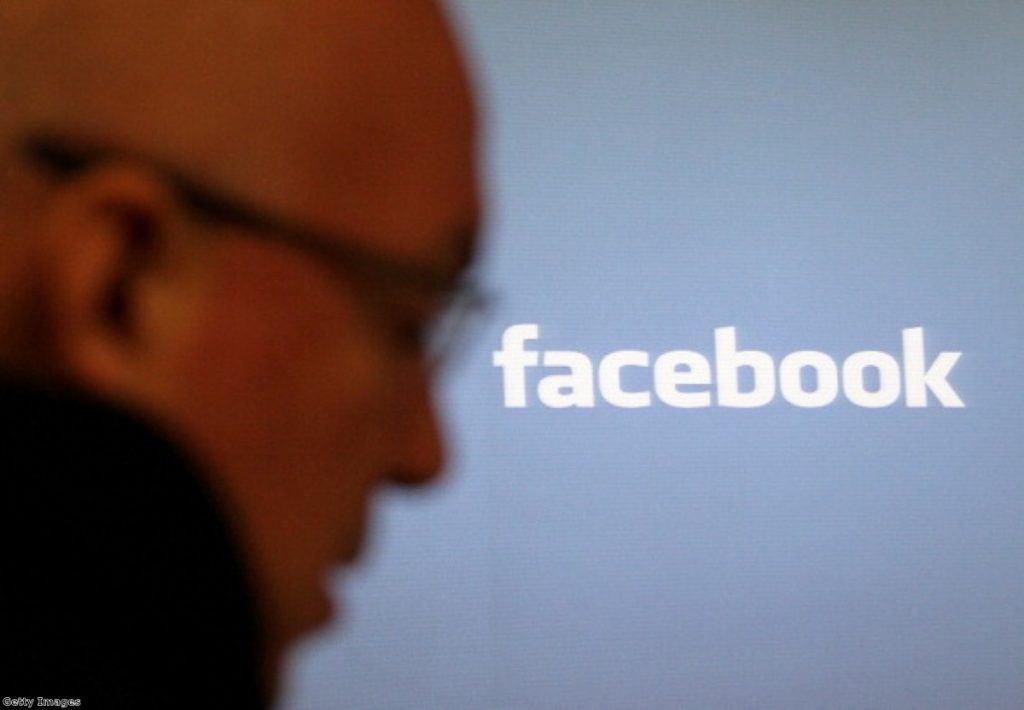David Cameron: Twitter and Facebook privacy is unsustainable
The absolute privacy of Facebook and Twitter users can no longer be tolerated in the face of international terror, David Cameron suggested yesterday.
Tory MP Henry Bellingham asked the prime minister whether the attacks in Tunisia meant it was time "companies such as Google, Facebook and Twitter… understand that their current privacy policies are completely unsustainable?"
Cameron agreed, saying that the security services must always be able to "get to the bottom" of online communications.
"Britain is not a state that is trying to search through everybody’s emails and invade their privacy," he insisted.


"We just want to ensure that terrorists do not have a safe space in which to communicate. That is the challenge, and it is a challenge that will come in front of the House.
"We have always been able, on the authority of the home secretary, to sign a warrant and intercept a phone call, a mobile phone call or other media communications, but the question we must ask ourselves is whether, as technology develops, we are content to leave a safe space—a new means of communication—for terrorists to communicate with each other.
"My answer is no, we should not be, which means that we must look at all the new media being produced and ensure that, in every case, we are able, in extremis and on the signature of a warrant, to get to the bottom of what is going on."
Cameron confirmed that the government plans to bring forward its draft investigatory powers bill in the autumn.
The resurrected bill, known previously as the 'snoopers' charter' is facing growing opposition outside parliament.
The threat of new powers to block private online messaging services has already led to some online companies threatening to leave the UK.
Brighton-based social enterprise company In.die has said it plans to leave the country, following the government's decision to push ahead with the bill.
"Unhindered by the Liberal Democrats, the Conservatives will now seek to widen mass surveillance and data retention," founder Aral Balkan wrote in a farewell blog.
"Before the election, David Cameron stated that… a Tory government would plan to block encrypted messaging applications … unless the government gets backdoor access to users' messages. Well, guess what Ind.ie is building? And guess what we're not going to do? That's right, we're not going to stay in a country where we might be forced to backdoor our products (and possibly not even be allowed to tell anyone about it)."
Both the snoopers' charter and its successor have so far received broad support from the opposition. However, there are signs the Labour party is coming under pressure to withdraw its support.
Last night, Labour's biggest union backers, Unite, held a meeting in parliament urging the party to oppose the bill.
"Of course, any measures that can genuinely reduce the chance of similar attacks will be supported," Unite political director Jennie Formby wrote yesterday.
"But we must also guard against giving uninhibited freedom to the security services to snoop on citizens. As trade union and Labour movement activists know to their cost, such powers can be grievously misused."
Unite believes the new powers will be used to increase the surveillance of trade union members and risk furthering the scandal of employee blacklists.
The prime minister also announced yesterday that schools will today be sent new guidance on how to monitor pupils for signs of extremism.
Under the new guidelines, all public bodies including prisons and local councils will have a statutory duty from tomorrow to identify and tackle radicalisation.









